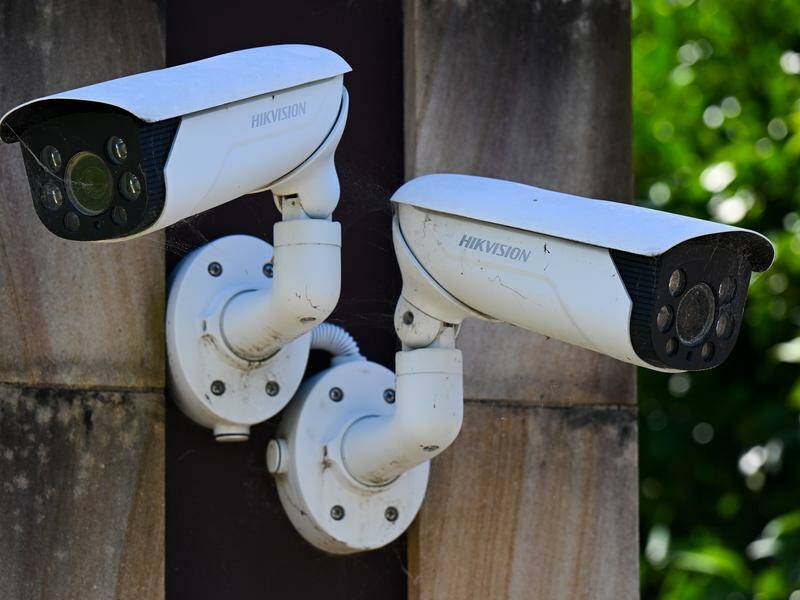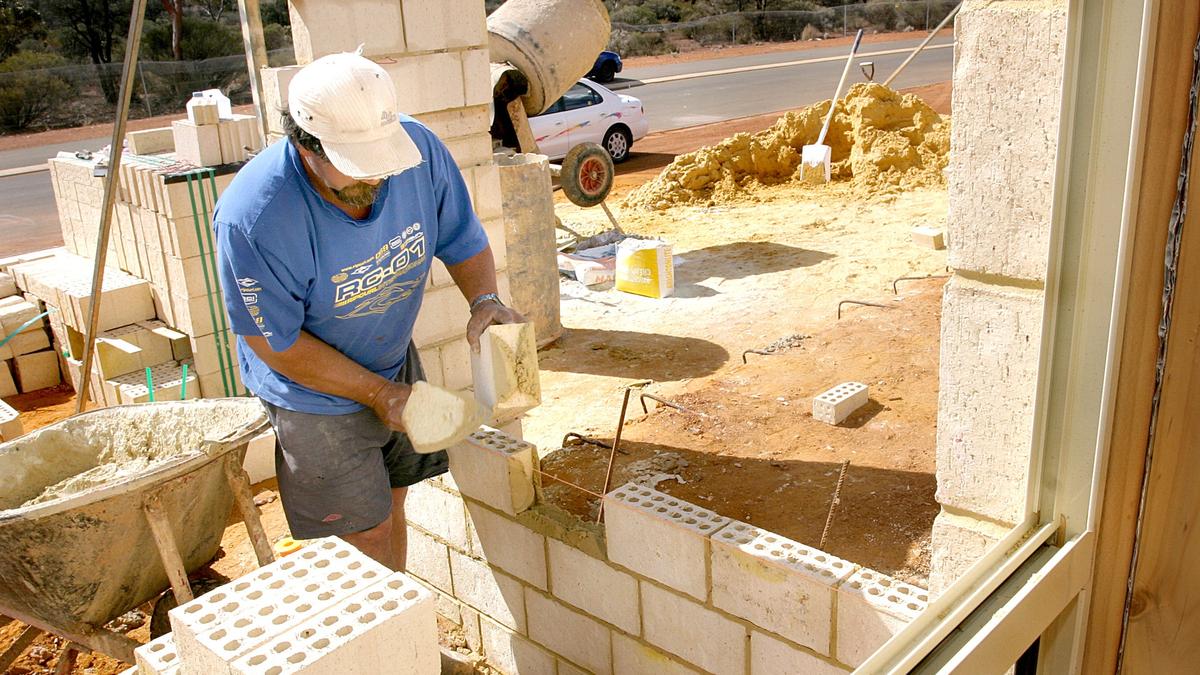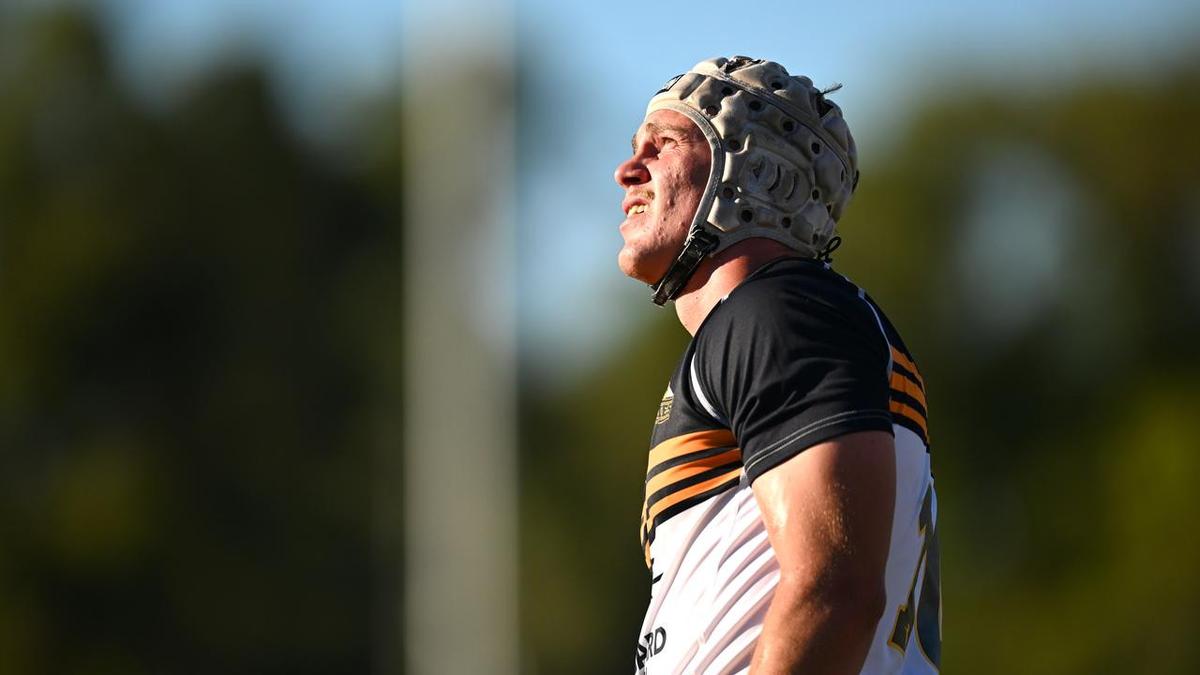
The state of Victoria is taking initiative to implement a trial of closed-circuit television (CCTV) in childcare centres, following a review that highlighted significant challenges within the sector. Victorian Premier Jacinta Allan has announced that if the federal government cannot achieve a national consensus swiftly, the state will proceed independently with its plans.
Education ministers from across Australia are scheduled to convene in Sydney on March 15, 2024, after a recent review of the Victorian childcare sector unveiled issues such as poor information sharing, legal constraints, and chronic underfunding. The review made 22 recommendations, one of which is to initiate a national trial of CCTV in early childhood education and care settings.
State’s Warning to Federal Government
Premier Allan has urged Federal Education Minister Jason Clare to garner support from all states and territories for this initiative. She emphasized the necessity of a cohesive national approach, stating, “It’s a national system – ideally these things would be done at a national level.” Allan warned that without agreement, Victoria would take matters into its own hands to launch a CCTV trial.
The urgency of these discussions follows serious allegations involving childcare facilities. G8 Education and Affinity Education have committed to installing CCTV in numerous for-profit centres after an individual was charged with the alleged sexual abuse of eight children at a G8-run site in Point Cook, Melbourne.
In parallel, the government of New South Wales has also pledged to trial CCTV in childcare centres in response to safety concerns raised in a review led by former state deputy ombudsman Chris Wheeler.
Concerns and Recommendations
During the Victorian review, led by former South Australian premier Jay Weatherill and veteran public servant Pamela White, various stakeholders, including service leaders, unions, and parent groups, expressed serious reservations regarding the implementation of CCTV. Key concerns included the security of recorded footage, potential violations of privacy in sensitive areas such as nappy changing rooms, and the financial implications of prioritizing surveillance over staffing needs.
“Systems have failed to communicate and predators have slipped through the cracks,”
said Alison Geale, chief executive of child protection organization Bravehearts. Geale emphasized the need for the proposed changes to fundamentally alter the sector’s culture from reactive to proactive.
The review recommends that the national CCTV trial commence within the next 12 months. Minister Clare discussed the CCTV trial among a total of 14 recommendations directed at the Commonwealth and national reforms during a meeting with Premier Allan.
In legislative developments, the Victorian parliament is set to introduce a bill next week that aims to implement immediate suspensions of working with children checks while reassessments are conducted. This legislation will also create a system where individuals banned from holding clearances in one jurisdiction will be prohibited in all.
Victorian Attorney-General Kilkenny highlighted recent cases in Queensland that illustrated the issue of “opportunistic” predators migrating between states. “No state can do this alone,” she remarked, underscoring the need for collaborative efforts across jurisdictions.
Further reforms are expected, including measures to prevent individuals who have had their clearances revoked from appealing decisions at the Victorian Civil and Administrative Tribunal. The second phase of reforms will transition the state’s permit system and reportable conduct scheme under the oversight of a new social services regulator, with plans for increased compliance visits and stricter penalties for violations.
Child protection organizations have praised the Victorian government’s commitment to advancing these reforms, stating that the changes have been long overdue. The Front Project has supported the review’s recommendation for a national commission to reassess the childcare sector, while the Australian Education Union has called for a reevaluation of the current funding model, particularly regarding the reliance on the for-profit market.
As the childcare sector anticipates these significant changes, the focus remains on ensuring the safety and wellbeing of children across Australia, while maintaining transparency and accountability in childcare practices.






